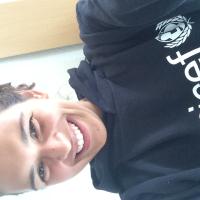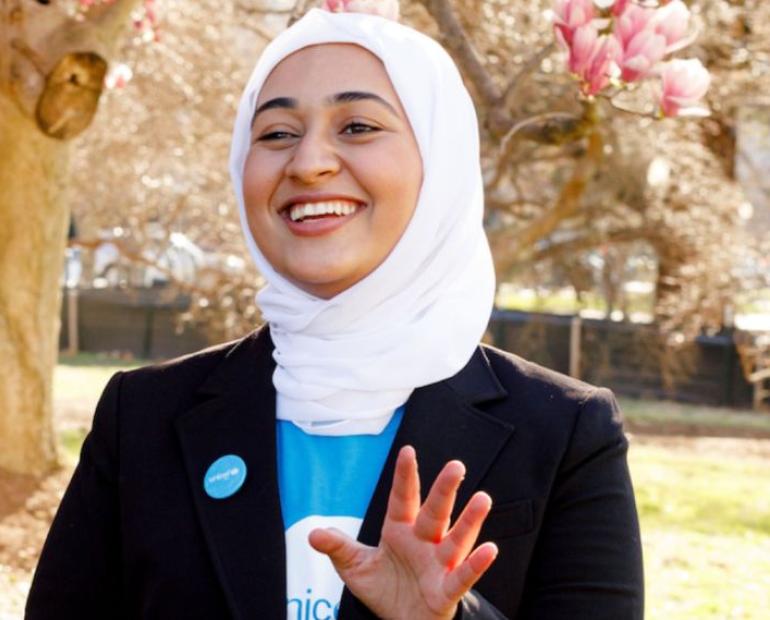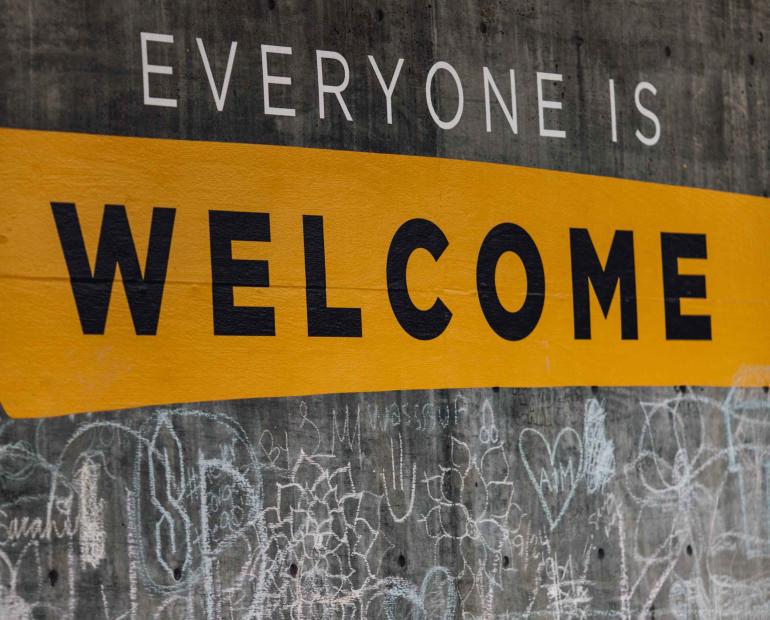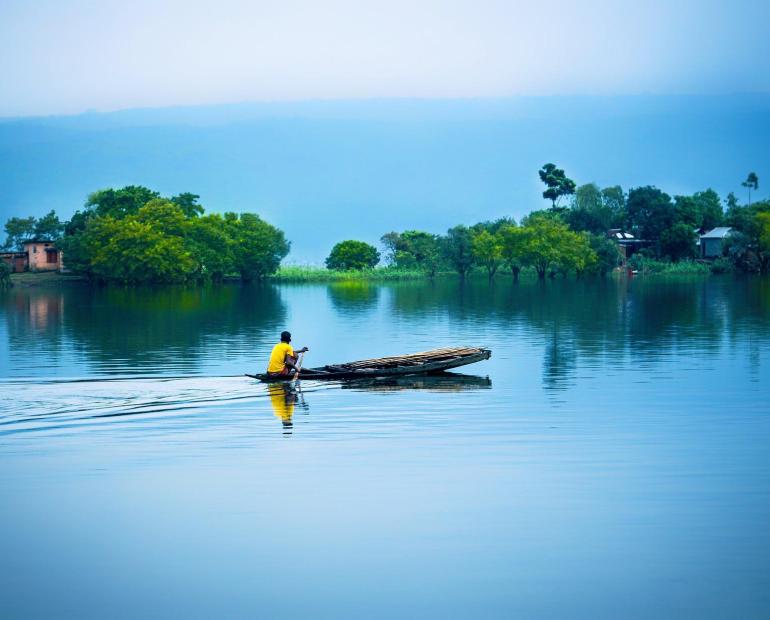
Thoughts on the integration of refugees:
The news is full of information concerning the “refugee crisis” - headlines and cover pictures create horror scenarios. And for the past few years leading politicians are restlessly looking for THE solution to the problem … but nothing seems to work. Integration seems to fail in all European countries.
We have to understand that we cannot generalize when it comes to working with people who have suffered psychological trauma. Solutions have to be tailored to the individual where factors like their family and cultural background, physical and mental health, education level etc. have to be considered. If we want to try to solve or mitigate the effects of the refugee crisis we have to let go of the idea that there is one solution. Certainly, there are certain basic goods that everyone requires like shelter, nutrition and clean water. But in the long-term refugees wish for a normalized life including family, education, jobs and past time activities.
Sustainable and efficient integration needs real and diverse interaction between the refugee and the host community. The communities must get familiar with each other – this will generate greater comprehension of certain customs, traditions and habits, avert potential misunderstandings and it has the potential to surmount stereotypes. Refugees should be actively incorporated into the society – they should have the possibility to take part in activities including sports and music as this does not only strengthens the social bonds in communities, but it will also help them to develop their language skills, process potential trauma and psychological problems and to restore their self-confidence and self-determination. Escaping their countries, refugees do not only leave behind most of their material goods but in many lose their identities and the things that have filled their life; family, friends, hobbies, jobs etc. Upon their arrival in the new host community they mostly feel powerless and overwhelmed as they no longer have influence to direct their life – the psychological reactions vary from depressive to aggressive behaviour. I have seen and experienced this myself because I work for a doctor who is specialised in the treatment of refugees. Activities would psychologically give the people the impression that they have the possibility to control at least a few aspects of their lives.
Lastly, we have to stop looking down on the people – also unconsciously. The people do not want and need pity, sad looks and pampering. They want to be respected, want to talk to people eye-to-eye, and want to be proactive themselves. We have to give them the feeling that they are wanted, and offer opportunities for self-development and to contribute something actively to their host community. This should happen in combination with systematic integration programmes which place special focus on language training, culture sensitization and introduction to local bureaucracy. Assistance concerning asylum applications, accreditation credentials and other important documents, and the navigation of the local health and social systems should be offered. One idea would be the implementation of a mentor-mentee programme, where mentors can accompany their mentees to different appointments as well as supporting them in making new contacts and getting to know the host community.






